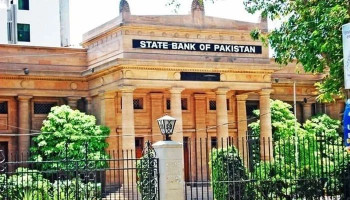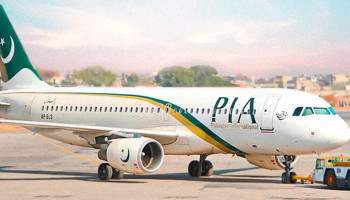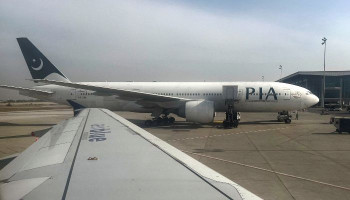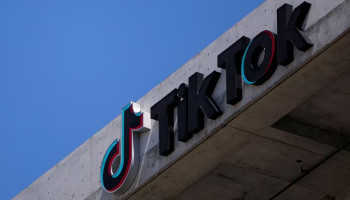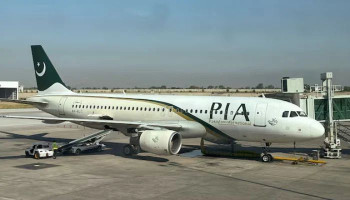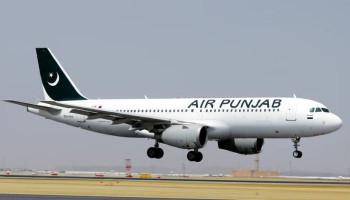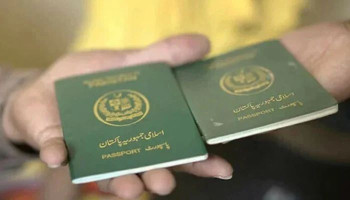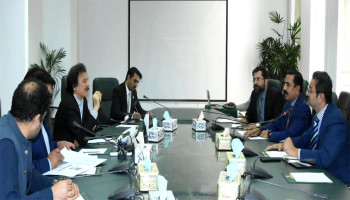
The Competition Commission of Pakistan (CCP) commenced a new round of hearing. The latest hearing session took place days after the fourth hearing of CCP's Phase II Merger Review of the Pakistan Telecommunication Company Limited's (PTCL) proposal of acquiring 100% shareholding in Telenor Pakistan (Private) Limited and Orion Towers (Private) Limited.
During the fifth and most recent hearing, senior PTCL representative Rahat Kaunain — the former chairperson of CCP — along with Mariam Saleem Malik, another PTCL representative, addressed concerns raised by competing telecommunication network providers including Wateen, Jazz and Zong hearings held earlier.
With CCP providing a platform for PTCL, Wateen, Jazz and Telenor to present their views, PTCL brought to light the benefits of the merger, with the resolution of market share disparity among major contenders in the telecom space.
Read more: PTCL advances to acquire Telenor, Orion Towers amid opposition from Zong
PTCL also reflected on issues pertaining to risks involving input and customer foreclosure. The proposer reiterated a thorough assessment of principles and the areas of convenience linked to the merger, including cost savings, enhanced network capacity, and advancements in technology.
PTCL's acquisition of Telenor Pakistan and launch of 5G in Pakistan
PTCL representatives stated that the merger would also ease the rollout of 5G services in the country while convincing the bench that MergeCo, the merged entity, will adhere to the spectrum-sharing framework once issued by the Pakistan Telecommunication Authority (PTA).
By contrast, counsels of Jazz and Wateen expressed dissatisfaction over remarks made by the opposing party, apprehending industry issues including tariff regulations, infrastructure sharing, national roaming and the operations of cellular mobile operators (CMOs).





